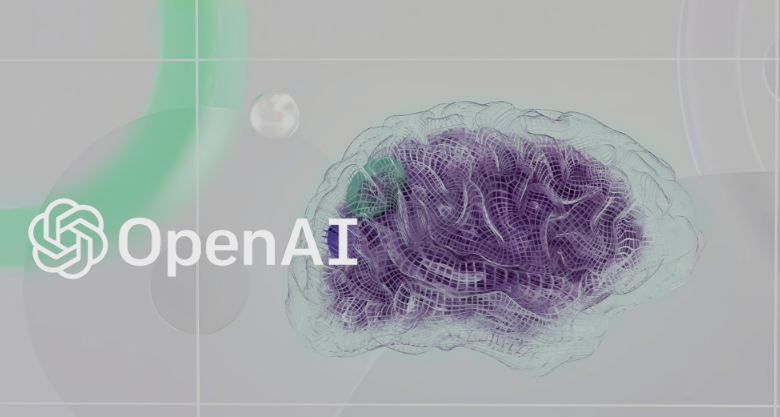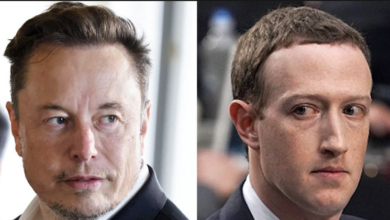
OpenAI: Council Could Contradict CEO and Veto AI Over Security Concerns
OpenAI’s board of directors has the power to override the company’s CEO and veto the development of artificial intelligence, if it considers that the risks involved are critical. The “rule” is part of a set of guidelines to mitigate security issues surrounding the technology.
The guidelines are in a 27-page document, published today by OpenAI’s prevention team. OpenAI’s CEO will be in charge of the day-to-day running of the company, but the board will be briefed on risk analyses and can reverse the chief executive’s decisions.
As Axios analyzes, OpenAI is also trying to improve its governance, after the sudden departure of Sam Altman and his return to the position of CEO.
Systems with critical risk will be canceled by OpenAI
In general terms, the organization will classify the risks of each model into four levels: low, medium, high and critical. OpenAI’s prevention team will make this assessment for each of several categories, such as cybersecurity risks, access to nuclear or biological weapons, convincing ability, and autonomy of the model itself.
The risk of a model will be the highest risk of any category. If any category has a high risk, for example, the model will be considered high risk, regardless of the remaining categories.
Only medium or low risk models can be implemented. High-risk models can be developed but not implemented. Critical risk models can’t even be developed.
The evaluations will be carried out by this prevention team, which works with the “frontier” models, as the high-capacity technologies are called, which are still under development. It does not work with models already available, which are the responsibility of the security teams.
The prevention team was set up in October and is headed by Aleksander Madry. It has only four people, but Madry aims to have between 15 and 20 employees.
According to the document, this prevention team will make monthly safety reports. An advisory group will review this work and make recommendations to the CEO (currently Sam Altman) and the board. The CEO will make the decisions, but they can be reversed by the board.




